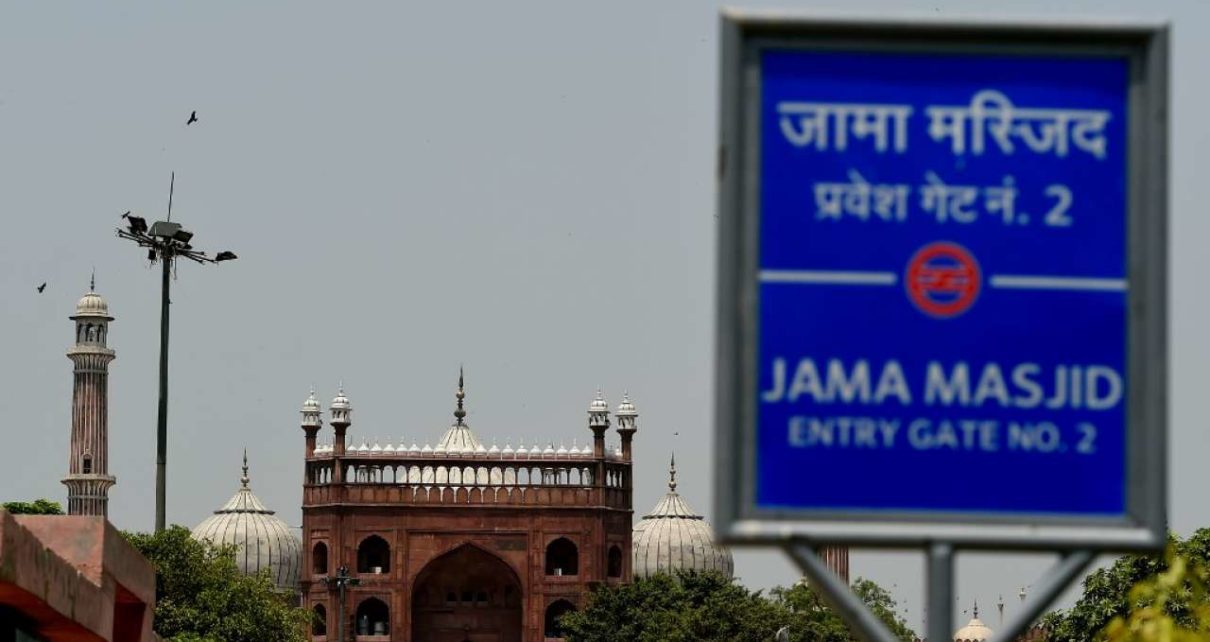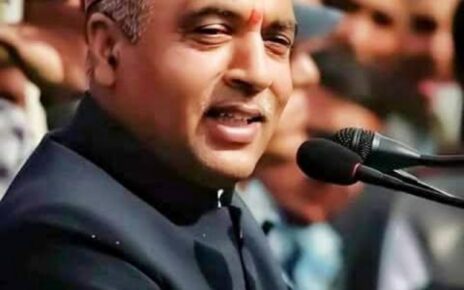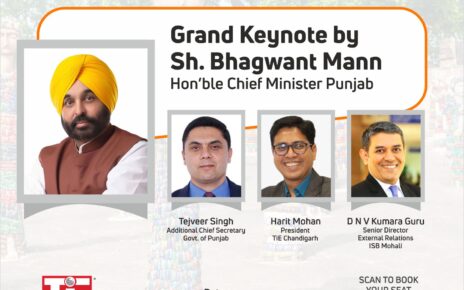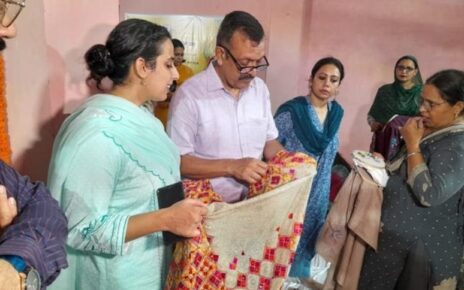New Delhi:
Fifteen people have been arrested in connection with Friday’s violence in Old Delhi during a protest against the new citizenship law, the police said today. The remaining people, of the nearly 40 who were detained in clashes, have been released. Eight of those detained by the police were minors aged between 14 and 15 years. All the minors have been released only after their parents went to the police station to collect them.
Bhim Army chief Chandrashekhar Azad, who had escaped from the police custody on Friday after he was detained during the massive protest he was leading, was again detained early this morning and subsequently arrested.
Doctors told NDTV that hands of the minors were swollen, and a child with a head injury had to be sent to the Lok Nayak Jai Prakash Narayan Hospital for treatment.
Late Friday night, Delhi Police was pulled up by a local court for detaining minors, saying if there be any minor who is allegedly in conflict with the law, he or she should not be detained in the first instance and they should be, if need arises, dealt with as per the provisions of the law. “Detention of minor in a police station is a flagrant violation of law,” the judge said.
The court also asked the police to allow lawyers to meet those detained and provide them legal remedies. The lawyers had approached Chief Metropolitan Magistrate Arul Verma at his home, seeking permission to meet the detainees. The court also asked the police to provide necessary medical care to those in custody who were injured.
On Friday evening, the police had resorted to lathi-charge and water cannons after a private car parked by a road in Daryaganj was set afire as the protest turned violent. Sources said at least 36 people, including eight policemen, were taken to the Lok Nayak Hospital with injuries.
However, the police denied lathi-charging the protesters, saying that they only used “mild force” and water cannons.
The Citizenship (Amendment) Act for the first time makes religion the test of citizenship in India. The government says it will help minorities from three Muslim-dominated countries to get citizenship if they fled to India because of religious persecution. Critics say it is designed to discriminate against Muslims and violates the secular principals of the constitution.




